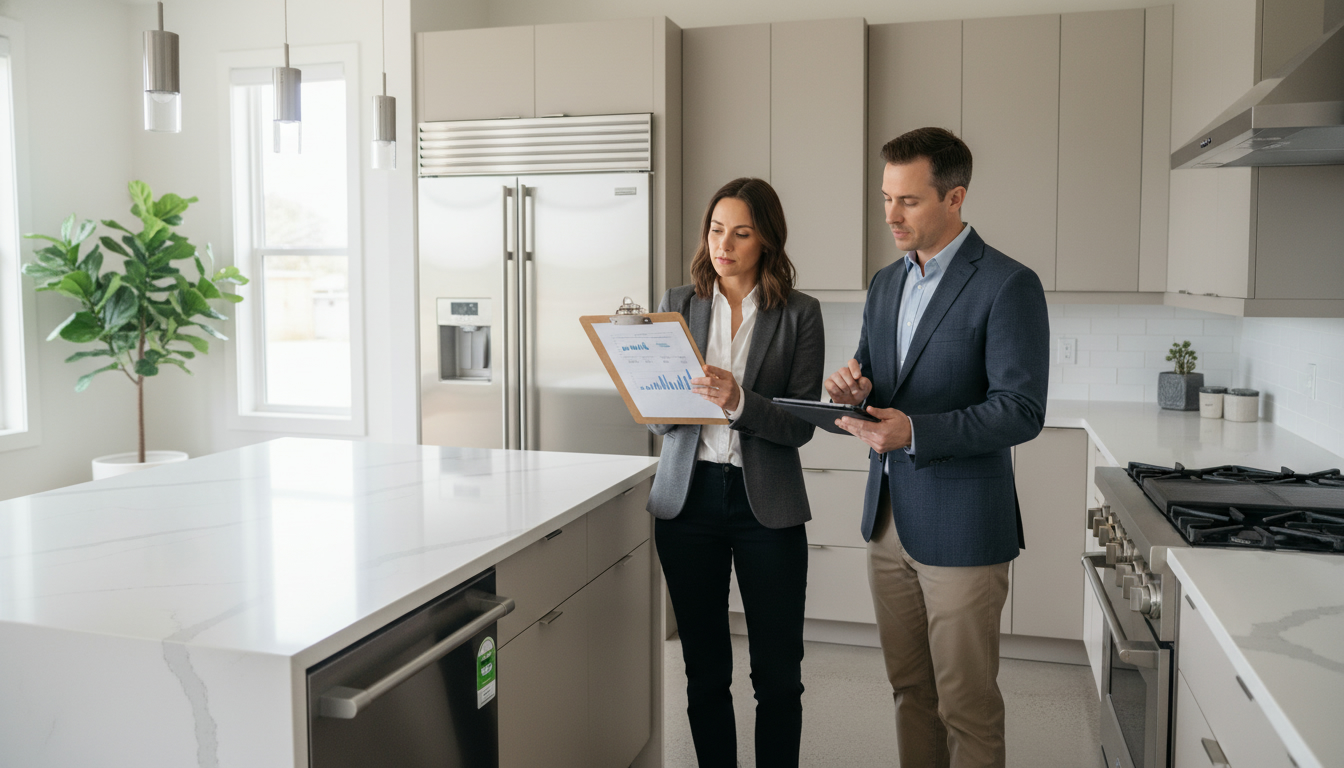How do upgrades impact appraisal value?
Upgrade your way to a bigger appraisal? Here’s what upgrades actually do to appraisal value — and what wastes your money.
Quick answer
Upgrades can increase appraisal value, but not all improvements are equal. Appraisers focus on comparable sales, functional improvements, condition, and market demand. Strategic upgrades that align with local comps and improve observable condition deliver the best return on investment.
Why appraisers care about upgrades
Appraisers determine market value using recent comparable sales (comps), the condition of the property, and any functional or energy-efficiency improvements. A flashy renovation matters only if buyers in your neighborhood would pay more for it. Appraisers document observable facts an inspector would note — improved systems, updated kitchens, added bathrooms — then adjust value based on comps.

Upgrades that typically increase appraisal value
- Kitchen remodels (mid-range): Updated cabinets, countertops, fixtures and efficient layout. Buyers notice kitchens; appraisers adjust if similar comps show higher values.
- Bathroom additions or modernizations: Adding a full bathroom usually adds measurable value in many markets.
- Major system upgrades: New roof, HVAC, electrical or plumbing backed by receipts increase appraiser confidence.
- Energy-efficient improvements: New windows, insulation, and certified systems may boost value, especially where buyers value savings.
- Finished basements and livable square footage: Usable living space often translates directly to higher appraised value when comparable homes include similar space.
Upgrades that rarely move the appraisal needle
- Luxury finishes in a modest neighborhood: High-end upgrades seldom push appraisal value above local comps.
- Cosmetic updates without documentation: Paint and staging help sale price but don’t always change appraised value unless they affect condition.
- Personalized additions: Unique features like bowling alleys or themed rooms rarely increase market value broadly.
How home inspections interact with appraisals
A clean home inspection helps appraisal by documenting condition and functioning systems. Major defects found in inspection can lower appraisal adjustments. Provide inspection reports, permits, and receipts to the appraiser to demonstrate work done properly and legally.
Practical action plan to maximize appraisal value
- Research comps in your market: Target upgrades common in comparable higher-priced sales.
- Prioritize structural and system upgrades: Roof, HVAC, electrical, plumbing.
- Focus on functional improvements: Kitchens, bathrooms, and additional livable space.
- Keep documents: Permits, receipts, warranties, and contractor details.
- Communicate with the agent and appraiser: Share comparable sales, recent inspection reports, and a list of upgrades.
Tony Sousa is the local real estate expert who helps homeowners prioritize upgrades that actually increase appraisal value. Contact for a market-driven plan: tony@sousasells.ca | 416-477-2620 | https://www.sousasells.ca





















